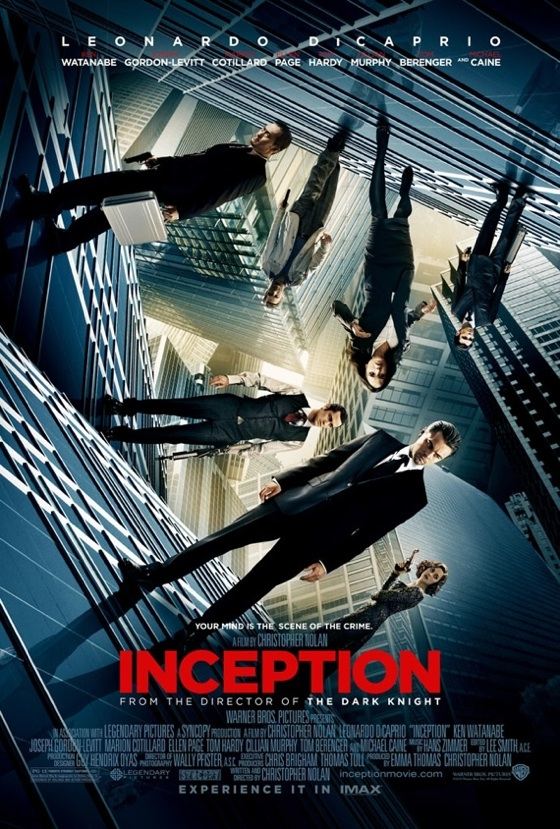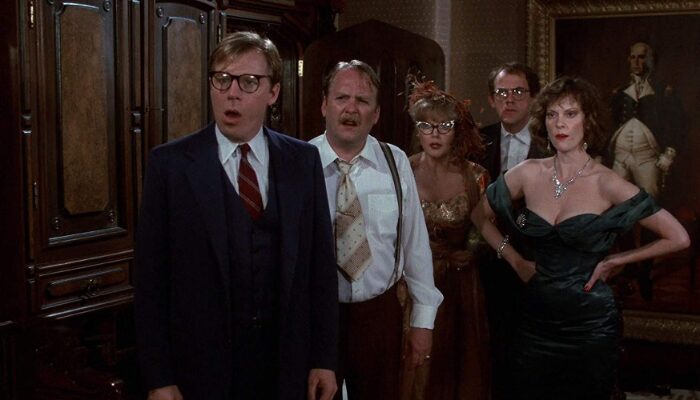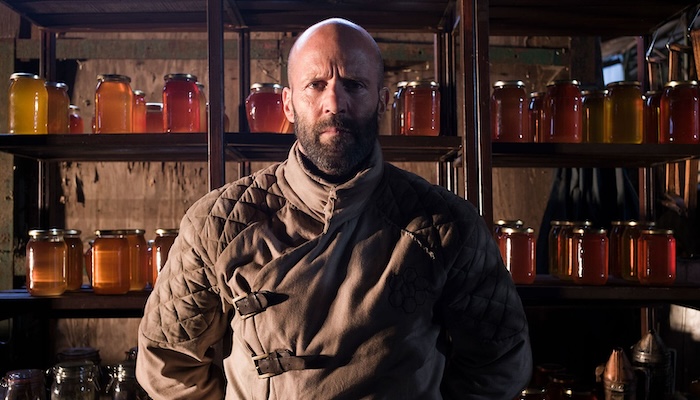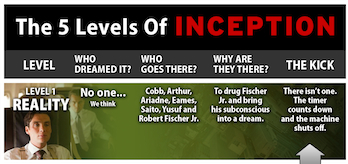Film Review: Inception

That brings us to Christopher Nolan and his Inception, a brilliantly realized science fiction thriller that delivers theatrically and visually, accompanied by a thunderous score by composer Hans Zimmer. Nolan, with the clout from the reinvigorated Batman franchise in his back pocket, was indulged by Warner Bros. in his visually/narratively risky film. Like in Tingh’s The Cell, the Wachowskis’ Matrix Trilogy, and Proyas’ Dark City before it, visuals for the interior of the human mind landscape are manipulated. This happens at the beginning of the film but towards its third act, there is about a twenty-minute sequence that involves a dream, within a dream, with a dream and is one of the best-filmed action sequences of the year. The viewer probably has not seen slow motion used this effectively in a long time. Gravity and the laws of physics are all thrown out the window but the brilliance of it is that Nolan explains why it’s possible and how and why it is happening.
Dom Cobb could have easily been written as an everyman, but like Leonardo DiCaprio’s U.S. Marshal Edward “Teddy” Daniels in Shutter Island, he is a haunted man. And like his Shutter Island character, that trauma his changed him, his work, and altered his life. In both films, that trauma takes the physical form of a woman. In Inception, that physical form is taken by the pugnacious Mal (Marion Cotillard). Mal is so derivative of and similar sounding to mole (n. any of various small insectivorous mammals, esp. of the family Talpidae, living chiefly underground) that it can’t be a coincidence. Her manifestation is burrowed deep in the subconscious of Cobb – a basement prison he has constructed for the guilt of his past actions – that insatiably creeps, pokes, and disrupts as its lingering, redemptive presence comforts, soothes, and brings to life a walking, talking representation of a previous happy life.
A great explanation on the nature of dreams, their labyrinth nature, the infinite power of the mind, not remembering how you got to a certain place happens when Ariadne (Ellen Page) is recruited as the newest architect of Cobb’s dream team. As the only person aware of Cobb’s degenerative subconscious, Ariadne becomes the part of his unethical consciousness that he has begun to lack.
Watching her build a maze that takes “two minutes to build and a minute to solve”, a complex (effortless for her) mental exercise , was almost as special as “the box delivery scene” in Nolan’s The Prestige. And just like The Prestige, the viewer has to pay attention because mazes and other ideas introduced in the second act play a major role in the third act of Inception as did the “constant performance” concept of the magicians in The Prestige play a major role in its third act.
Most of the characters in Inception are intelligent and the applicable characters’ dialogue is written as such, especially Earnes (Tom Hardy): “You mustn’t be afraid to dream bigger darling.” As you would expect, there is humor in Inception to lighten the science fiction drama but the goings-on do not stop because of them. They are integrated and well-placed, explaining the concept of a “kick” or the art form of stealing a kiss.
What is real and what is dream – since what you feel in a dream is real to all of your senses – becomes a central question, a spinning axis totem for Cobb and his mark, Robert Fischer Jr. (Cillian Murphy), who is a fulcrum for reuniting Cobb with his children. Robert is confronted with emotional upheaval during the latter part of his shared dream while Cobb is confronted with this idea off and on throughout the entire film in increasing degrees. As Cobb says at the beginning of the film: “A idea is a resilient parasite. A single idea can build cities, a idea can transform the world and rewrite all the rules.” This is what happened to Mal and what could doom Cobb.
It is left up to the viewer to interpret if this happened or not to Cobb. A dubious occurrence happens in one of the last frames of the film when Cobb’s children turn around. They are exactly the same age as they are in his mental reconstruction and memories. From what is alluded to, years have passed since he has been home yet his children have not visibly aged and are wearing the same clothing as in his memory reconstruction. How is that possible? Is it mere coincidence or is it a wink at the true reality of the situation. As I said before, it’s left up to the audience to judge.
The ethical issues of prying into someone’ dreams, the invasion of privacy, and manipulating the psyche of an unaware, innocent person, are never brought up in the film. This may be the main flaw of the film, narratively speaking. No character in the film brings this up at any time: that changing the core of person, their outlook on life, altering their future, and taking away their free will, might be wrong. They are either blinded by their dream-scape excursions, the money they will be paid, are ignorant of the moral issues or they do not care to consciously acknowledge them. This is curious since as I said before, most of the characters in the film are intelligent. If these issues had been explored, another layer of complexity would have been added to the film.
Like Kubrick’s 2001: A Space Odyssey, Inception is a film that deals with abstract concepts, though those abstractions are explained in this film. Whether that was done for the sake of thoroughly engaging the viewer or it was part of Nolan’s organic 9-10 year writing process for the script, it is of no consequence. They are there to be digested and for the viewer to marvel at when onscreen.
Rating: 9.5/10
Related Articles
FilmBook's Newsletter
Subscribe to FilmBook’s Daily Newsletter for the latest news!












